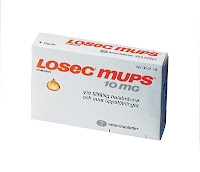 |
| AZ: probably feeling a bit blue today ... |
The decision, in Case C-457/10 P AstraZeneca v Commission, is neatly summarised in the Curia press release here.
Lawyers for Bristows LLP, who have been keeping a watchful eye on this case on behalf of their clients, have been quick to comment. Said Marie Manley, head of Bristows’ Pharmaceutical Regulatory team:
“The Commission will be delighted with the endorsement to its approach; innovative pharma less so. The pharmaceutical industry is now subject to a set of onerous but not fully clear obligations. Ensuring compliance will require pharmaceutical companies to build in more checks and balances to their internal procedures. Strategic corporate decisions when a product is close to patent expiry should be particularly carefully scrutinised”Pat Treacy, head of Bristows’ competition team, added:
"The effects of this judgment resonate beyond the pharmaceutical sector. Companies which may be dominant now have an obligation to conduct themselves transparently when dealing with the public authorities. AstraZeneca has been penalised for making arguments that favoured its position when the issue was legally unclear. The Commission, in a position which has been endorsed by the courts, believes that AstraZeneca should have made the uncertainty about the legal position clear to the patent authority. This has wide implications for the way dominant companies conduct themselves".



